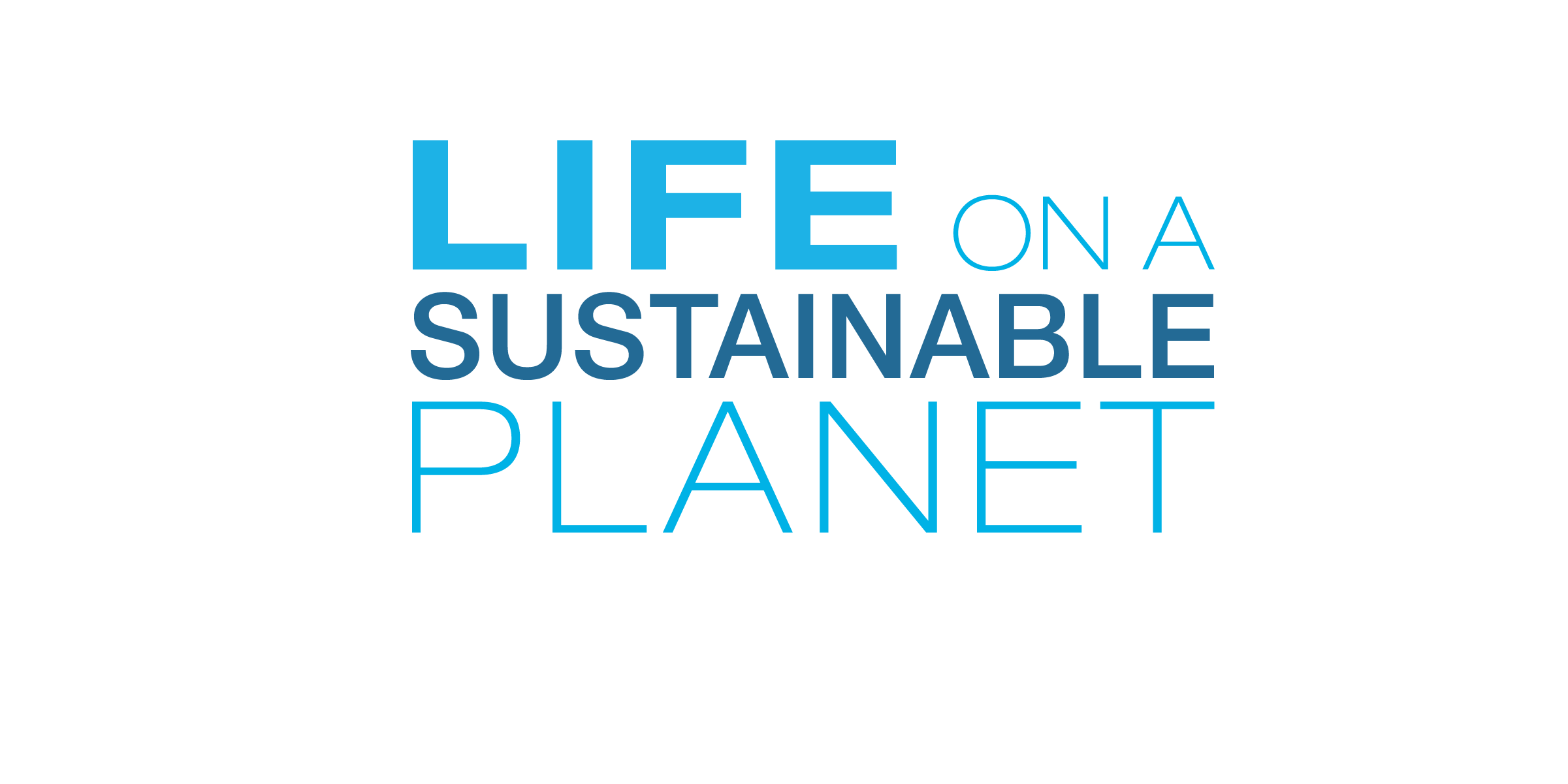Discerning Blades of Grass in Grassroots Movements: A Riverkeeper’s Perspective on Environmental Equity and Diversity
Fred Tutman has dedicated decades to grassroots efforts to keep the Chesapeake Bay region’s vast waterways clean. He is the longest-serving Waterkeeper in the Chesapeake Bay region and the founding Patuxent Riverkeeper. There are over 300 Waterkeepers on six continents with nearly half located in the United States – and Tutman is the only African-American Waterkeeper in the country! He’s shared his experiences in this field with Smithsonian’s Earth Optimism both at our 2020 Digital Summit and during a Folklife Festival collaborated event. Here we talked to him once again about how grassroots causes can empower communities and promote diversity in environmental movements.
/https://tf-cmsv2-smithsonianmag-media.s3.amazonaws.com/blogging/featured/DSC_0969.jpg)
Fred Tutman has dedicated decades to grassroots efforts to keep the Chesapeake Bay region's vast waterways clean. He is the longest-serving Waterkeeper in the Chesapeake Bay region and the founding Patuxent Riverkeeper. There are over 300 Waterkeepers on six continents with nearly half located in the United States – and Tutman is the only African-American Waterkeeper in the country! He's shared his experiences in this field with Smithsonian's Earth Optimism both at our 2020 Digital Summit and during a Folklife Festival collaborated event. Here we talked to him once again about how grassroots causes can empower communities and promote diversity in environmental movements.
Tell us what it means to be a "riverkeeper" and how you ended up in this field.
Riverkeeper/Waterkeeper/Soundkeeper/Baykeeper/Coastkeeper/etc. are branded or trademarked titles meaning: you can't use that term about yourself unless you're licensed to use it by the nonprofit organization that owns that title, brand, or designation. So, it is Waterkeeper with a capital "W" or Riverkeeper with a capital "R." There is only one Riverkeeper organization per watershed. We are an international movement approaching 400 Waterkeepers around the world and their supporting organizations. It means that we are community organizers, and most of us define "community" based on it being a watershed community. We sue polluters, we work on campaigns to improve and protect water quality, and I'd like to think that at Patuxent Riverkeeper, we plant seeds of activism and civic engagement, and we help mentor people and communities seeking to attack local environmental problems. We help people in our watersheds gain a more influential and sometimes even decisive role in shaping how environmental legal enforcement is done. We work on specific problems related to protecting local water.
Can you share with us your experience working in grassroots conservation?
My experiences working in grassroots realms have been pretty rewarding, and I'd like to think we've made a difference on the Patuxent River. But it's not enough. We need a lot more citizen engagement, vigilance, and even a bit more outrage. By this, I mean that people can get lulled into a sort of complacency about water pollution issues that, over time, have become rather institutionalized. Constructive outrage can be a beautiful thing. It makes for squeaky wheels, passionate voices, resolute ones. Empowered ones. Have you ever actually tried to hold somebody accountable for a water quality complaint? It isn't easy! Most are scofflaws. Yeah, we have all these laws passed, but they are not well enforced, and ultimately the same folks in government charged with enforcing are often the same folks in a general way who issued the permit that leads to the pollution in the first place! But the personal rewards of Riverkeeping is that we also get to channel the community's hopes and aspirations. I really don't think it is possible to be authentic—unless there is a community base behind what we do.
By working in all seven Counties of the Patuxent, I'm trying to connect and give form to that big picture activism and that energy. It's worth mentioning that people, citizens, and regular folk really reveal themselves in this work – show you what they are made of – open up to you when you collaborate with them and work with them one-on-one on an interpersonal level on environmental issues. Most people are pretty heartfelt about the environment they live in or are attached to. Also, grassroots work has shown me so many different river experiences and perspectives--the truth is we don't all live next to the same river at all! There is a world of difference embedded in what people mean when they say the word "environment" or "river." The differences often follow lines of culture class history upbringing. The truly interesting and compelling diversity in these rivers lives within local communities and those people's various associations for this river. The idea of a one-size-fits-all movement doesn't really synchronize very naturally to how people and communities truly work. Grassroots activists like Waterkeepers have to be adaptive and flexible, and open-minded about how we approach this work because, truthfully, how people see water in the world generally is as unique and as different as fingerprints.
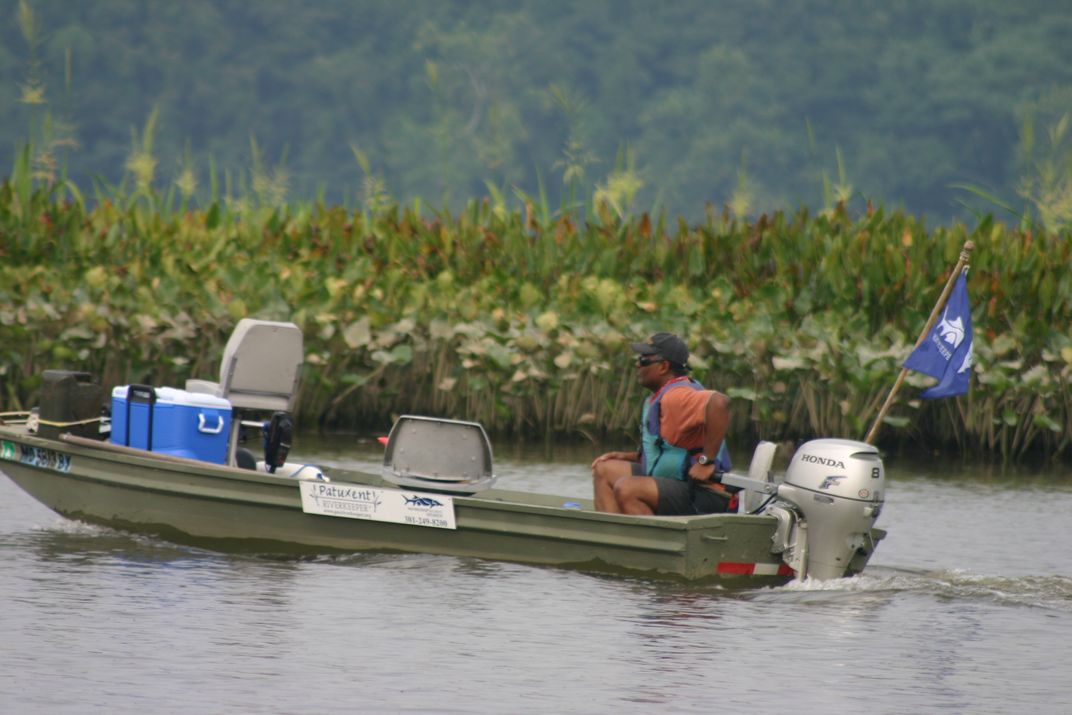
Grassroots means work that is directed by, controlled by, and owned by the community being served. I think what has happened in many white spaces is that there are sufficient money and means for people to outsource their activism. Money is integral in most of these movements. For the most part, you cannot participate in most of these groups unless you give them money by joining, pledging, donating, or in some way investing in them. Many have an ascending scale of benefits based on the size of your donation or membership. There is a built-in class hierarchy within the organizational relationship, not unlike the difference between riding coach versus first class on an airline.
Meanwhile, in Big Greens, "issues" are treated as commodities. You can raise money or lobby around an "issue." Many big Greens have created their own "brand" within a broader known issue. Such as stormwater (Get the Mud Out!) or climate change (Cool Cities!), or anti-fossil Fuels (Beyond Coal!) But in Small Greens and local communities, the" issues" are usually an expression of a "problem (stop the landfill!). In effect, very real, very tangible, and VERY specific. The difference between work done by paid/professional environmentalists and that of local volunteers is essentially that. One is generic, and the other is precisely where the rubber meets the road. People need to understand the difference, and Big Enviros tend to distort that difference because, truth be known, they need to find constituencies for precisely the issues that fund them. So to most of them, issues are fungible. The Patuxent Riverkeeper tries to beat that paradigm by being very responsive to people and communities.
Do grassroots environmental movements face the same issues, such as a lack of diversity, as the larger environmental causes?
The Patuxent River has been a mess for generations. It currently has a D- minus, and it's a river that exists entirely within the realm of one state (Maryland). There is nobody to blame but us Marylanders for a heritage that while it has many victories, it also should be a statewide embarrassment. No official body that I know of has ever kept a promise made to clean up this river. And last time I looked, the formal and official plans to do just that— barely made sense on paper and is based on a plan and approach that has been failing for years. It's the story people don't always want to hear, but it is a much stronger call to arms than asking people to work on their recycling and lawn care chemistry.
So it's local communities with local problems. That's who gives us our marching orders, and that's who invests sweat into the work we do and these smaller cause movements tend to be very diverse, organically connected to the folks, and are also very much loved and essential very local movements instead of vast, well-heeled (well known) ventures with lots of employees and scads of members all over the place. They tend to be different kinds of movements. Usually, the small local movements fight big corporate interests or private investors and the government. Those larger movements might also do a little of that sometimes, but typically, they are also open to being funded by and partnering with those same interest groups.
So, leaving the work to the professionals is definitely not a theory we subscribe to at Patuxent Riverkeeper. The whole point of our work is to empower local environmentalism such that we can help tune up the community's game, connect them to other very similar struggles elsewhere in the watershed, and help them get better environmental results from their civic involvement by providing practical assistance and support. So, in some respects, I would say our work does not resonate strongly in bigger coalition movements where there is a presumption that there has to be a grant, or that there must be a funded campaign, and that there has to be some professional engagement amongst the players such that were our doing jobs as opposed to pursuing and mentoring volunteer unpaid and conflicted activism.
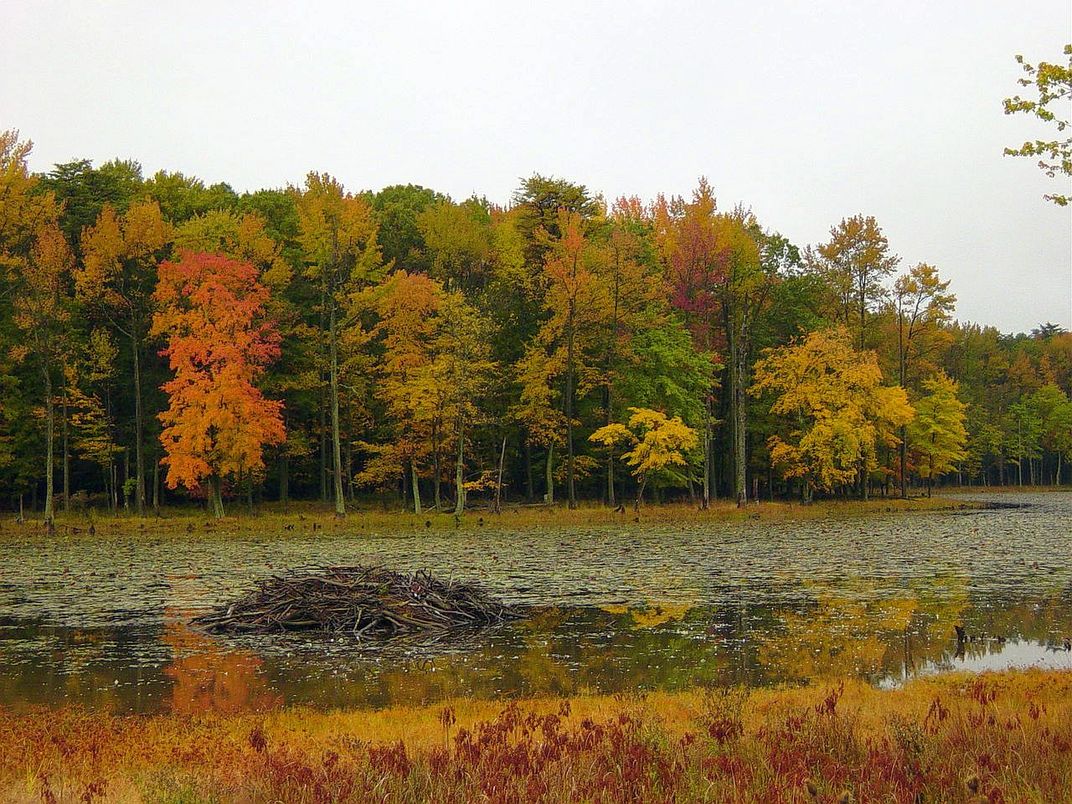
I mention this for a very particular reason, and that is because people are very concerned these days about diversity in these conservation movements. I have to point out that grassroots movements, for the most part, are already diverse. The true problem seems to be with institutionalized environmentalism; that's where the diversity problem really exists. In effect, when the monetary and professional interests begin to override the environmental ones, the revenue streams that come result from creating all-white organizations, I think, are much more compelling than any sense of obligation to serve local very grassroots communities. Think about it – it's an interesting connection that movements that have to hire their workforces essentially are in a lather right now because they tend not to hire people of color.
But movements that are organically connected to local communities naturally flower as diverse organizations, and so they don't struggle with that particular problem at all. Think about the notion that the real problem about diversity in these larger organizations is their lack of accountability to the communities they actually serve because the business model requires that they have lots and lots of contributing members and that they work on issues that may or may not be connected to a cognizable membership. To them, members represent revenue streams, not a base of accountability. It actually flies in the face of any incentive to do anything I think about environmental justice. Because they can't make the economics of environmental justice work on their balance sheet when they're faced with so many much more attractive opportunities to work on issues where people donate money and allow these bigger movements to flourish. It's a dark side of the diversity problem that people don't like to talk about, but it's absolutely true.
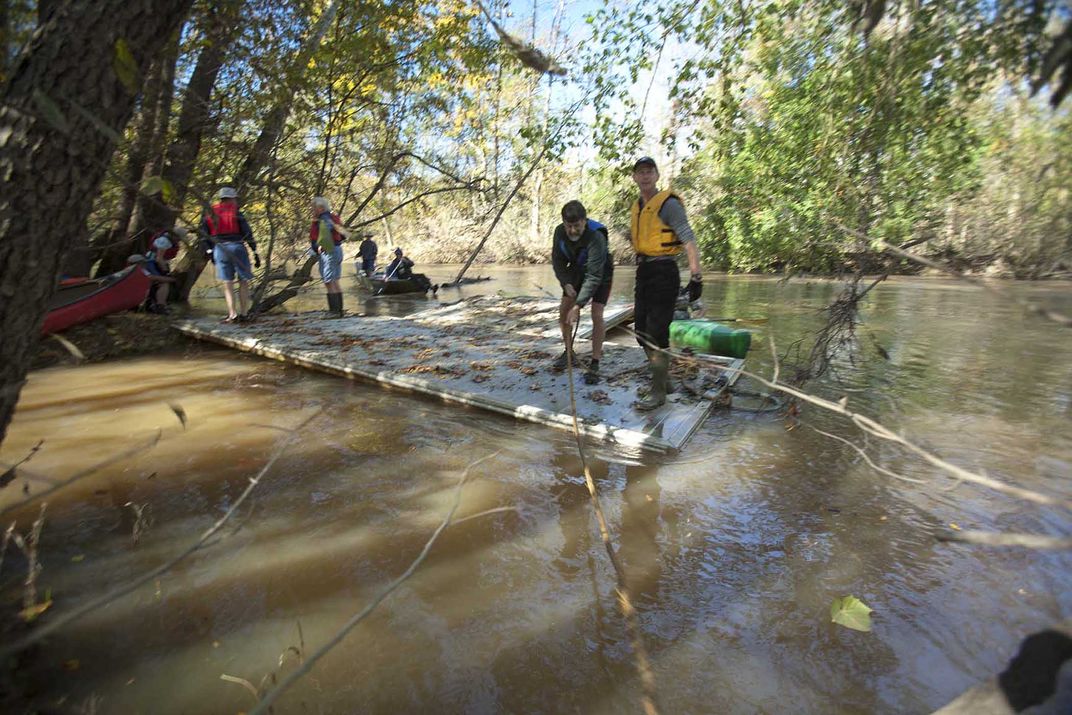
The environmentalism I encounter in Black and brown communities is almost entirely unfunded unless they partner with a white-run organization to serve as a fiscal agent, which in turn tends to change the substance of work. The kind of project that requires that sort of financial accountability almost invariably has a hard time being held accountable to any particular community at all other than those who funded it. It is a structural flaw, a fly in the ointment if you will. I think it's why big vast movements struggle with these issues that we all work on like the stormwater and saving the Federal Clean Water Act and the coalition structures that we have—are much more inclined to maintain the work and keep it going, in order to exploit the issues rather than they are to attack the systemic problems. In truth, they can't really attack the problem because it requires openly and decidedly opposing authority and the entire business model is largely dependent on appeasing authority in order to get goodwill, funding, and other things the organization needs. It is my belief that the true problem with diversity in these movements is that conservative money funds them as much as they are socially conservative causes.
But for now, fighting racism and working on environmental justice in effect working where the worst problems are in these watersheds, literally requires them to do work that is not funded and to work with communities that are far too discerning about the actual benefits of working with these outside organizations to really be that cooperative. It's sad but true, but so many of these organizations have lousy reputations within at least some of the Black communities. The history as they come to these communities, they ask for your signature on a petition, or for you to join a coalition, or for a show of support for some issue that they're working on, but they don't really bring much in the way of actual resources to communities that are in fact starved for resources. They generally do not offer any solutions to the environmental problems the community is actually facing-- because they are busy trying to connect the community's agenda to that big picture problem or solution that is going to save the planet.
Ours is the kind of movement that can actually discern the individual blades of grass in a grassroots movement-- unlike those other folks who often try and mow the lawn for their own agendas. We work at an aggregate level to put the pieces together for communities that essentially don't really have much of a voice, especially when they're in a room full of professional environmentalists telling them what to do, what to say, and what's best.
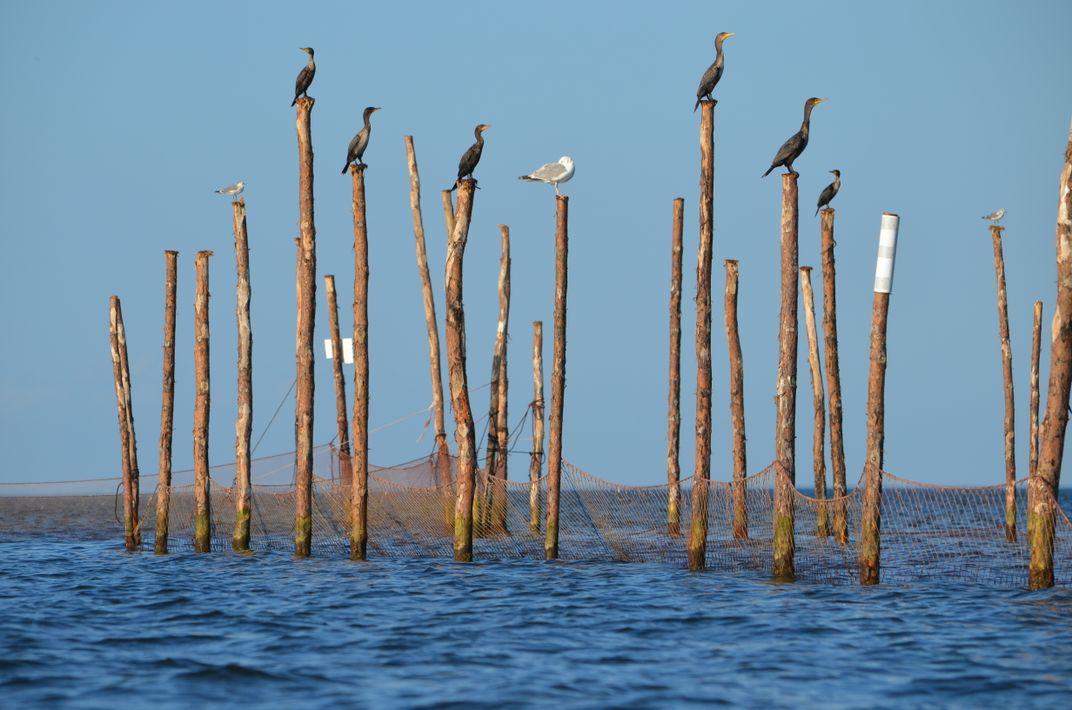
What solutions do you see for enhancing cultural diversity in conservation and environmental causes?
I think the main thing is for organizations that truly want to be inclusive and diverse to really examine their paradigms about who people of color are-- what our needs are, and that really is more of a listening thing. I think compulsively what a lot of these movements have done in the face of obvious and to the need for obvious antiracism work is to outreach and sent out all these expressions of what they intend to do, what they believe in, and what they stand for, but the real task is not really "outreach" but rather "in-reach" In some cases looking inside the DNA to determine what it is about them that makes them potentially unappealing to at least some people in the general population based on the culture of the organization, its worldview, its politics, its staffing and any number of indicators that tell the outside world what this organization is really about.
And to the extent they tend to be all white, then it really says something about how these organizations are wired internally. Just sprinkling in some people of color or some diversity just covers up the true substance of WHO these organizations truly represent and cater to.
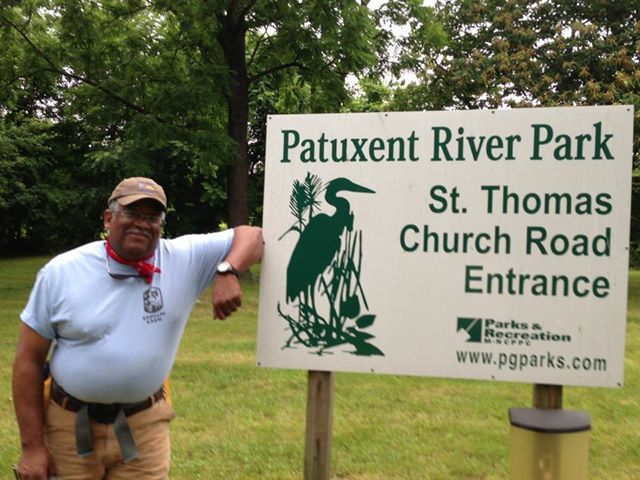
So, I think diversity is a tall order for organizations that are in many instances quite proud of what they've accomplished in the past, quite enamored with their own mission, and where they have struggled to create these organizations only to find that Black people don't really care about the cause or the movement. And I think that's frustrating for whites who are sometimes looking for people of color that will exert the least influence over changing the organization in the end.
I think that is unconsciously what these groups look for: they are looking for people of color who share their aims, share their values, and who will fit into these organizations rather than looking for ways to change the organization to accommodate a wider pool of people and institutions who don't really share their point of view generally. Mistakenly some of these organizations have assumed this just means that people of color don't care about their mission or about the environment, but actually, I think that's also pretty simplistic. We might really be interested in the mission, but don't care so much about the working environment or the social culture surroundings these organizations that don't reflect us, sometimes don't respect us, and some instances won't allow us to shape our own narrative.
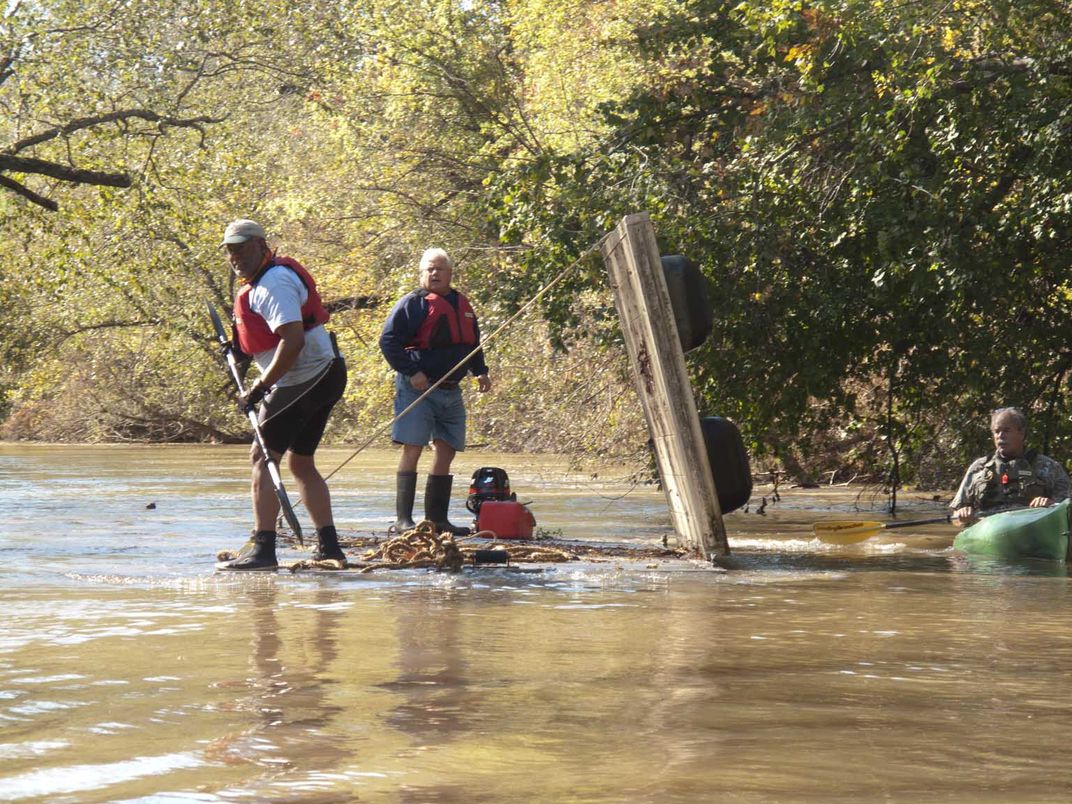
Make no mistake about it; any attempt at diversifying your organization is going to require that your organization change. But what I see all the time is organizations trying to solve a different problem, namely, that they are embarrassed by the appearances of an organization that appears to be exclusively reflecting white aspirations for the environment. Fixing that embarrassment or at least fixing the appearances has really no particular relevance or synergy with respect to relative justice or equity within these organizations. That's a much deeper slice of what sort of changes actually required in order for Black people to feel as though we actually matter within these organizations. Not just that, our lives matter, but also our opinions, knowledge, beliefs, ideas, and contributions must truly matter as well. Change is required in most of these organizations in order for Black people to feel as though we matter at all beyond just as an afterthought or a footnote in the diversity plan.
But these are laudable organizations within the scope of what they do and what they are set up to do. Most times, they really don't have any connection to the Black experience in the environment. For 17 years, I've been a Riverkeeper in a movement with the expectation that I was just like all the other white Riverkeepers, really. And any time I have strayed away from that projection, then I've been defunded or treated as though I am impertinent, off message, or just trying to be difficult or noncollaborative.
That's what these bigger organizations have to come to grips with going forward. They don't just have to change their hiring practices; they have to really change these organizations such that we see that our time and energy will not be wasted simply helping white people fix the "appearances" but not so much the reality.
Are you hopeful that we will see this positive shift happen soon?
I think these movements need people of color. Badly. They really are not overly succeeding in these various causes to save the environment of the planet, and so they need all the help they can get. Amazingly the expectations seem to be surprisingly low for people of color. I keep hearing all sorts of stories about how we don't care about the environment and how we are environmentally illiterate, lack capacity, etc. yet I don't hear a single Black community clamoring for more "diversity." In Black communities, people generally understand that diversity is not the problem; inequity is.
Yet, people of color have made a splash in virtually every place in the society we have ever integrated. And every time we had to integrate a new area of endeavor, we've generally had to fight for it. That has been true in the Armed Forces, major league sports, in the sciences and entertainment, and in virtually every other field of endeavor. People of color have distinguished ourselves handily.
And so it's an insult (or a fantasy) to simply assume that white people are the leading environmentalists in a world where quite frankly, they are fast becoming a minority. I think we need to tough-love these organizations in order to wake them up. They need people of color, and they need our guidance and how to get it right if they would only listen – If they would only stop talking at us and start listening to us! They are struggling against momentum with as much futility as struggling against gravity. One way or another, these movements are going to become diverse, or else they will disappear. Environmentalism and conservation are alive and well in black and brown communities and always has been. We just haven't been able to get these other white-themed, -controlled, and -staffed move.
Watch Fred Tutman in the Smithsonian Folklife Festival event: Earth Optimism: Conservation & Communities from the Kachemak Bay to the Chesapeake Bay:
